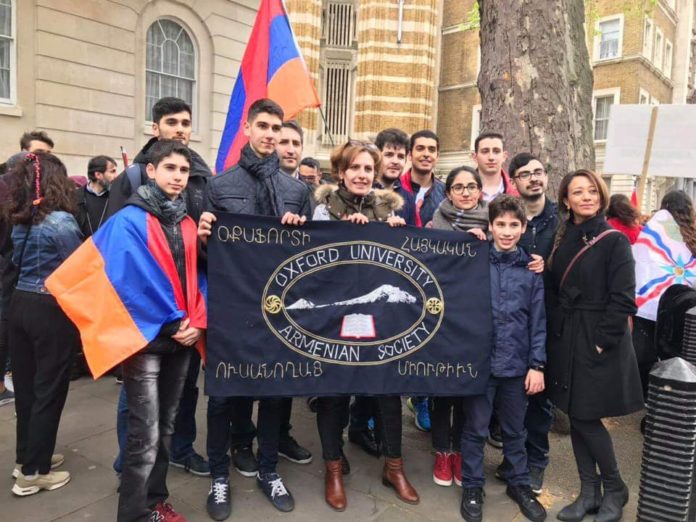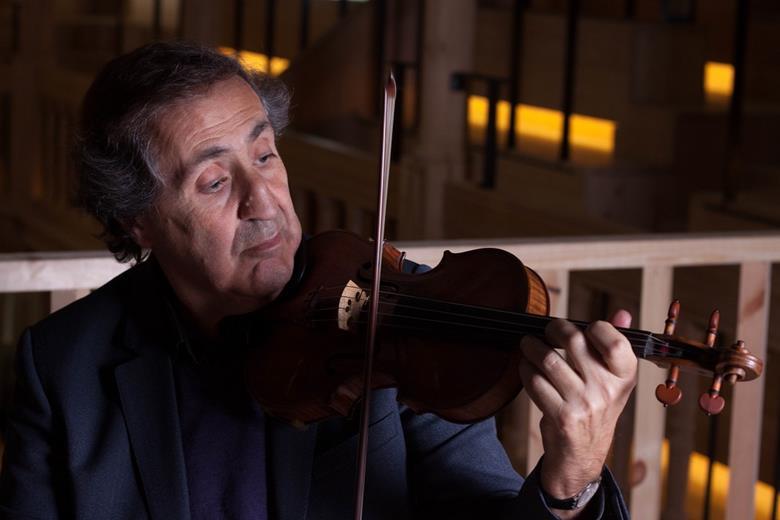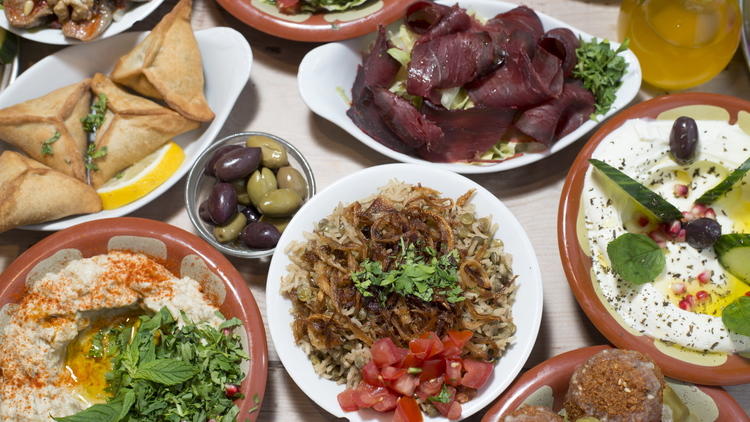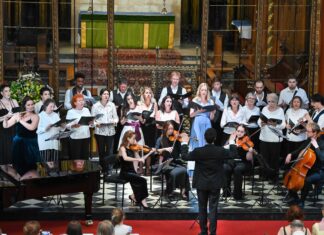LONDON, ENGLAND — While no country has been immune from the devastation of the pandemic, the United Kingdom has been particularly hard hit, currently leading Europe in the highest number of COVID-19 deaths.
The tight-knit and orderly London Armenian community, estimated at 25,000, have established a number of cultural, academic and religious institutions, along with businesses and social services that enhance the capital city as a whole. They are eager to return to their work after months of being shuttered indoors and resume their full-scale operations in order to benefit their fellow community members.
The bulk of Armenians in England arrived in the 20th century during the first and second world wars. In fact, one of the earliest whistleblowers of the Armenian Genocide was British politician, diplomat and historian Viscount Bryce, who was the first to vocalize his condemnation of the massacre of the Armenians to the House of Lords in July 1915. He proceeded to co-author the Blue Book the following year, which recounted eyewitness statements and detailed a number of documentary records relating to the atrocities.
The rich heritage and the robust activities of the London Armenians community has made its mark on the UK and continues to do so as it navigates through an unprecedented lockdown while keeping its eyes on the goal of a safe reopening and reuniting of members.
Pandemic Arrives
The pandemic personally affected acclaimed violinist Levon Chilingirian, who was diagnosed with COVID-19 and spent three weeks in the hospital last March. Following a busy month, he began to feel ill on March 13. His wife, Dr. Susan Pattie, director of the Armenian Institute, took him to the hospital where he tested negative for COVID-19 and was sent home. When she noticed his symptoms were getting worse, they returned to the hospital where Chilingirian’s results came back positive and he was admitted into the acute ward.










